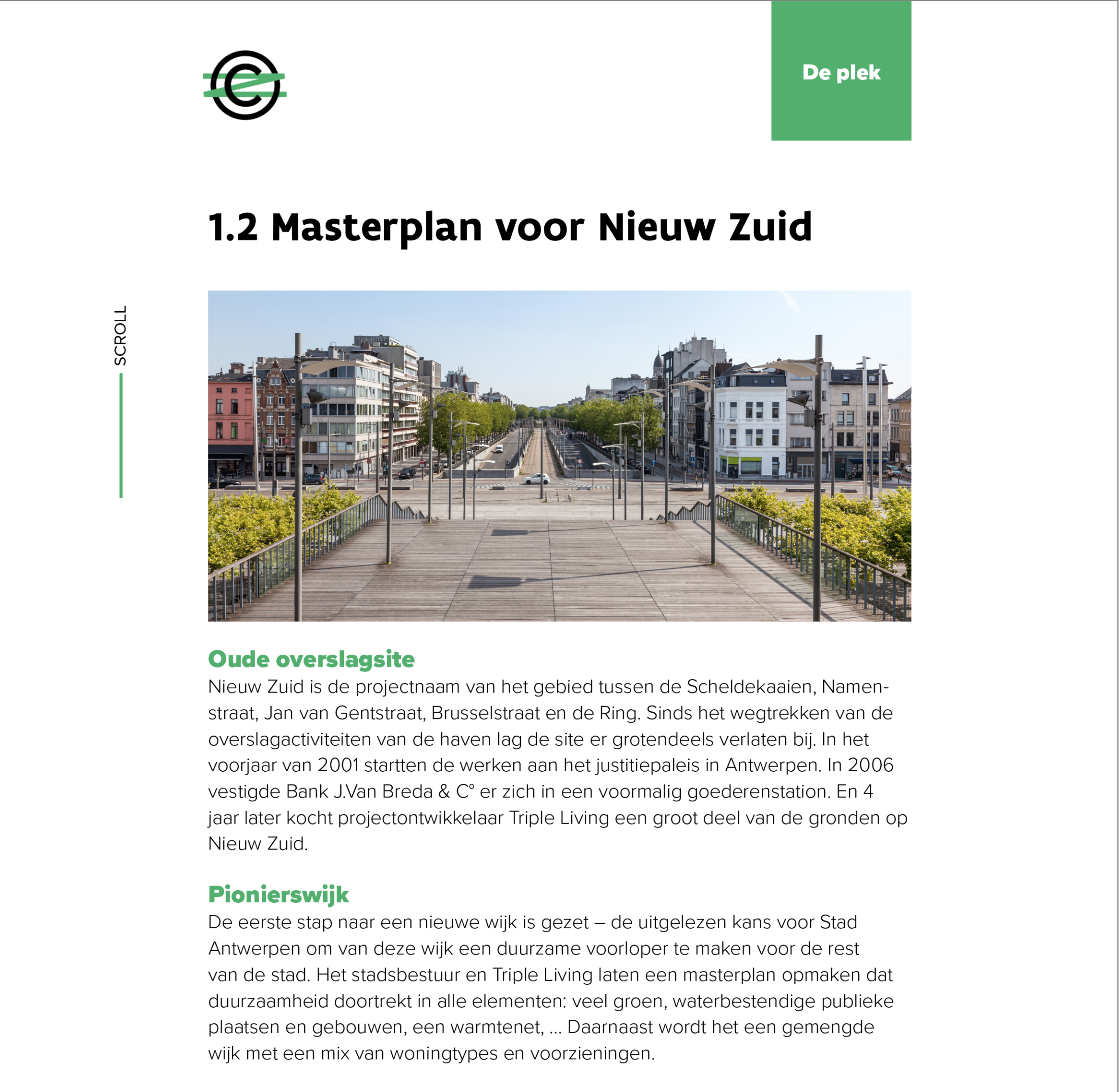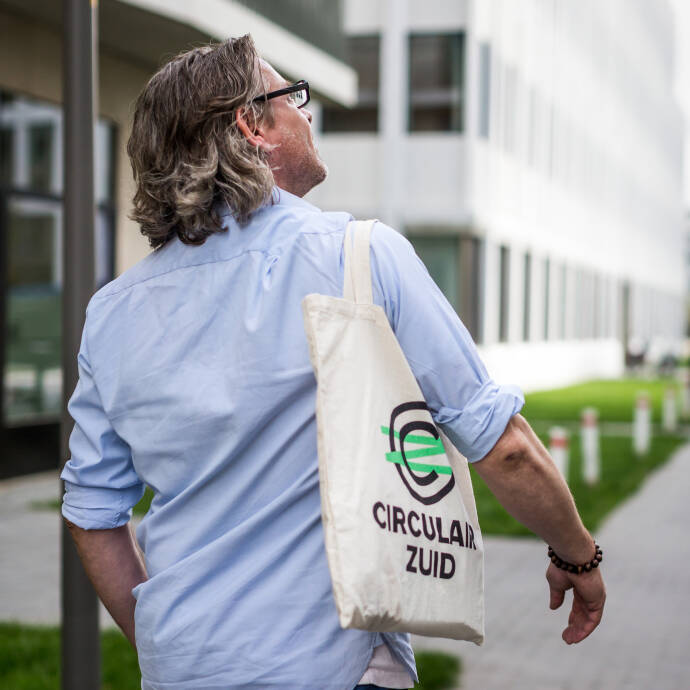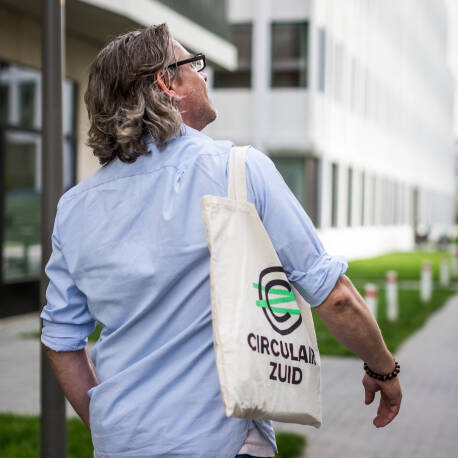

SCROLL
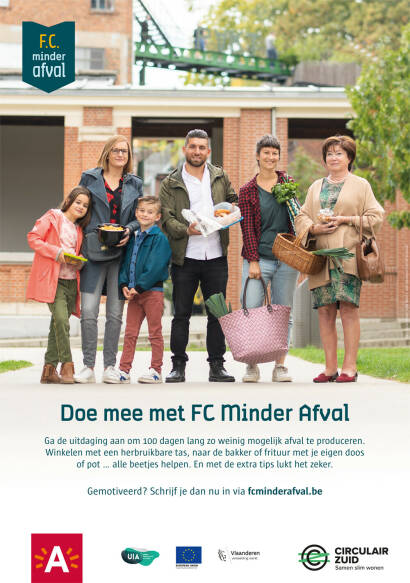
of the participants say that they have more insight into their household waste.

of the participants ended up with more garbage during the corona crisis because of masks, disposable items and take-away meals.
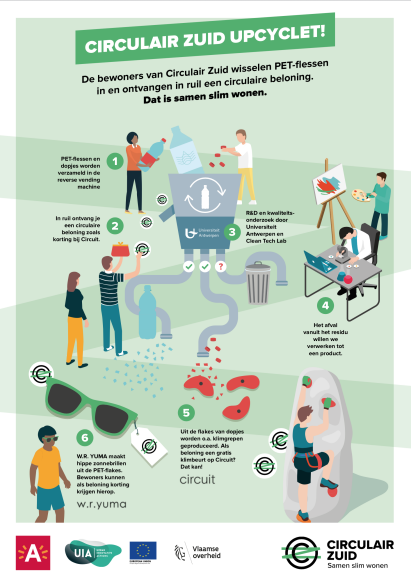
Evaluation


of the participants shop to avoid wasteful packaging more than they did before
the campaigns.
What the participants thought about it
We received a lot of positive responses from the participants. Many of them said to have more insight into their household waste and being more conscious of packaging materials when they went shopping. Residents gave each other tips on the campaign website, which showed a buzz of people actively putting all this advice into practice.
Participants tried to lower household waste and plastic waste:
A starters kit included a weighing hook for weighing the weekly waste bags.
Weekly assignments: cooking with leftovers, counting how many times a day you opened a new food package, going shopping with your own containers, taking your own lunch and drink bottle with you when you head out of the house, giving materials a second life, etc.
Workshops on subjects like making your own cleaning products and creating sustainable Christmas presents.
A community compost heap and ten information sessions on composting.
1.2. Waste
3 campaigns on waste reduction, 1,242 participants and many enthusiastic responses
Results
Process
© LUCID
- Involving shops and traders pays off. The majority of household waste comes from shopping: the packaging for different products, the plastic bags for fruit and vegetables, and so on. This is why traders were asked to participate in the campaign. They put posters or stickers in their windows to heartfully welcome shoppers who brought their own packaging.
- You’re best differentiating between beginners and the more advanced.
After three consecutive campaigns, some participants felt that there was too much repetition in the weekly challenges. The campaign most particularly attracted residents whose waste was already below average. They wanted to do even better.
© CIRCULAIR ZUID
© Katarzyna Bialasiewicz
© LUCID
© ANNE DRAKE
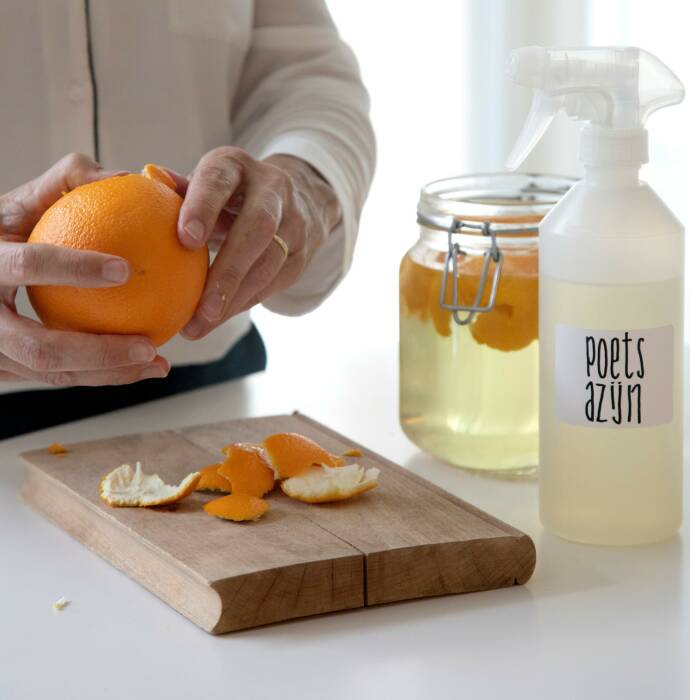
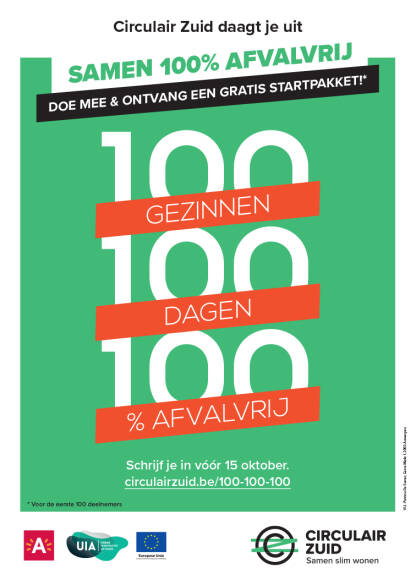
Circular streams
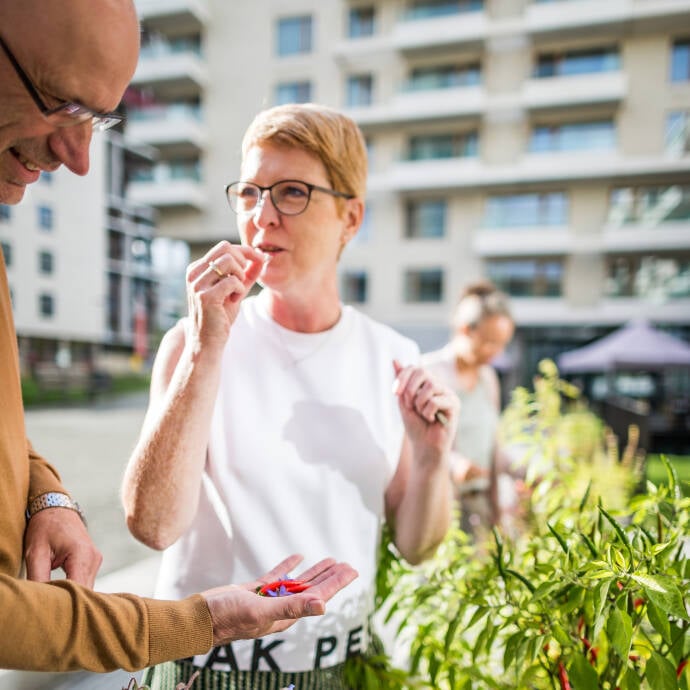
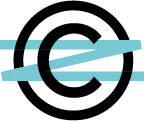
The results
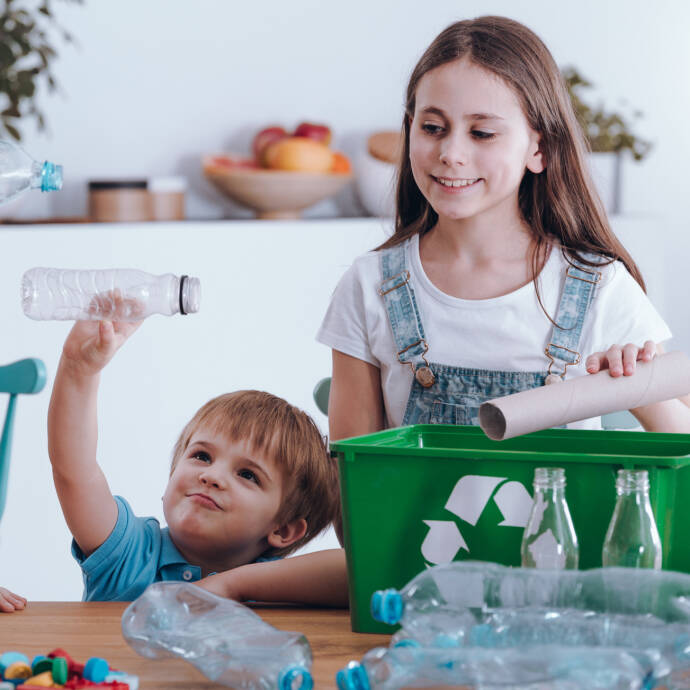


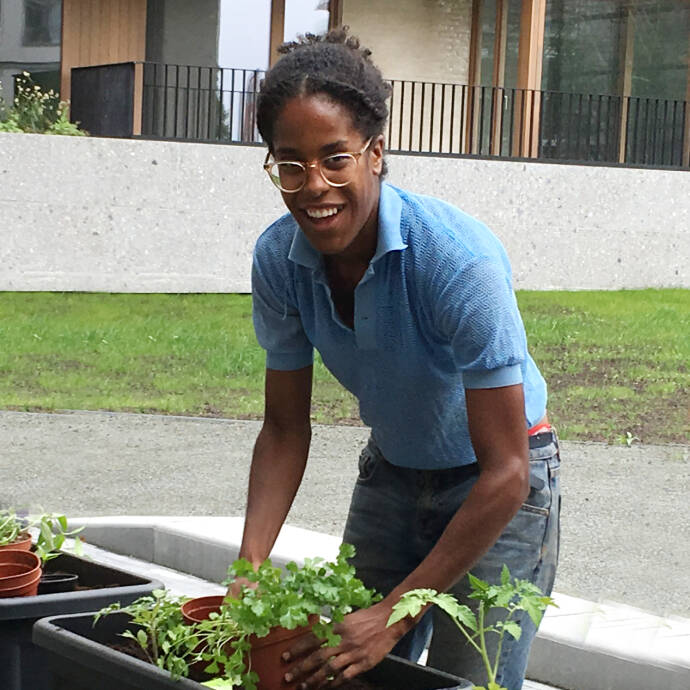

© Katarzyna Bialasiewicz
The results


Results
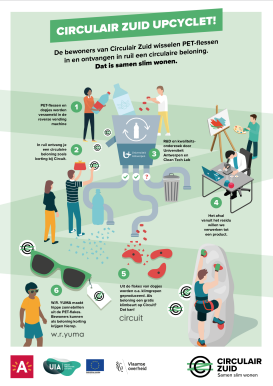
of the participants say that they have more insight into their household waste.
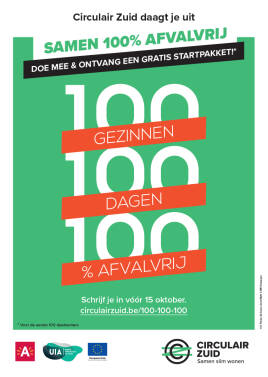
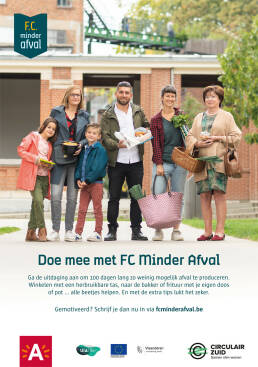
of the participants shop to avoid wasteful packaging more than they did before
the campaigns.
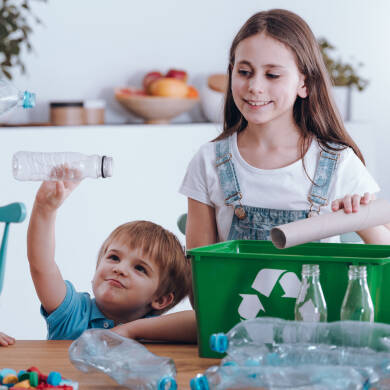
of the participants ended up with more garbage during the corona crisis because of masks, disposable items and take-away meals.

Process
Participants tried to lower household waste and plastic waste:
A starters kit included a weighing hook for weighing the weekly waste bags.
Weekly assignments: cooking with leftovers, counting how many times a day you opened a new food package, going shopping with your own containers, taking your own lunch and drink bottle with you when you head out of the house, giving materials a second life, etc.
Workshops on subjects like making your own cleaning products and creating sustainable Christmas presents.
A community compost heap and ten information sessions on composting.
What the participants thought about it
We received a lot of positive responses from the participants. Many of them said to have more insight into their household waste and being more conscious of packaging materials when they went shopping. Residents gave each other tips on the campaign website, which showed a buzz of people actively putting all this advice into practice.

© CIRCULAIR ZUID
© ANNE DRAKE
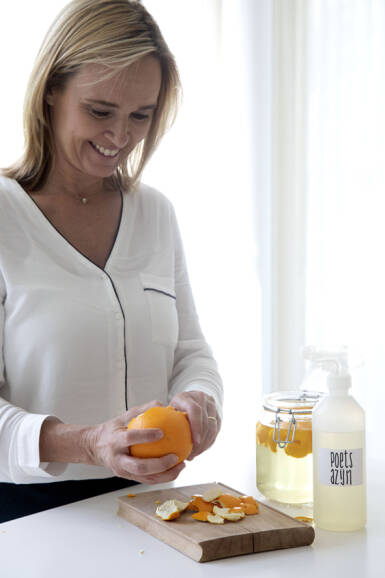

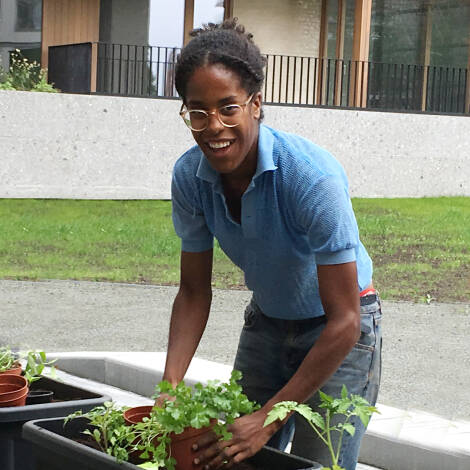
- Involving shops and traders pays off. The majority of household waste comes from shopping: the packaging for different products, the plastic bags for fruit and vegetables, and so on. This is why traders were asked to participate in the campaign. They put posters or stickers in their windows to heartfully welcome shoppers who brought their own packaging.
- You’re best differentiating between beginners and the more advanced.
After three consecutive campaigns, some participants felt that there was too much repetition in the weekly challenges. The campaign most particularly attracted residents whose waste was already below average. They wanted to do even better.

Evaluation
© LUCID

1.2. Waste
3 campaigns on waste reduction, 1,242 participants and many enthusiastic responses
